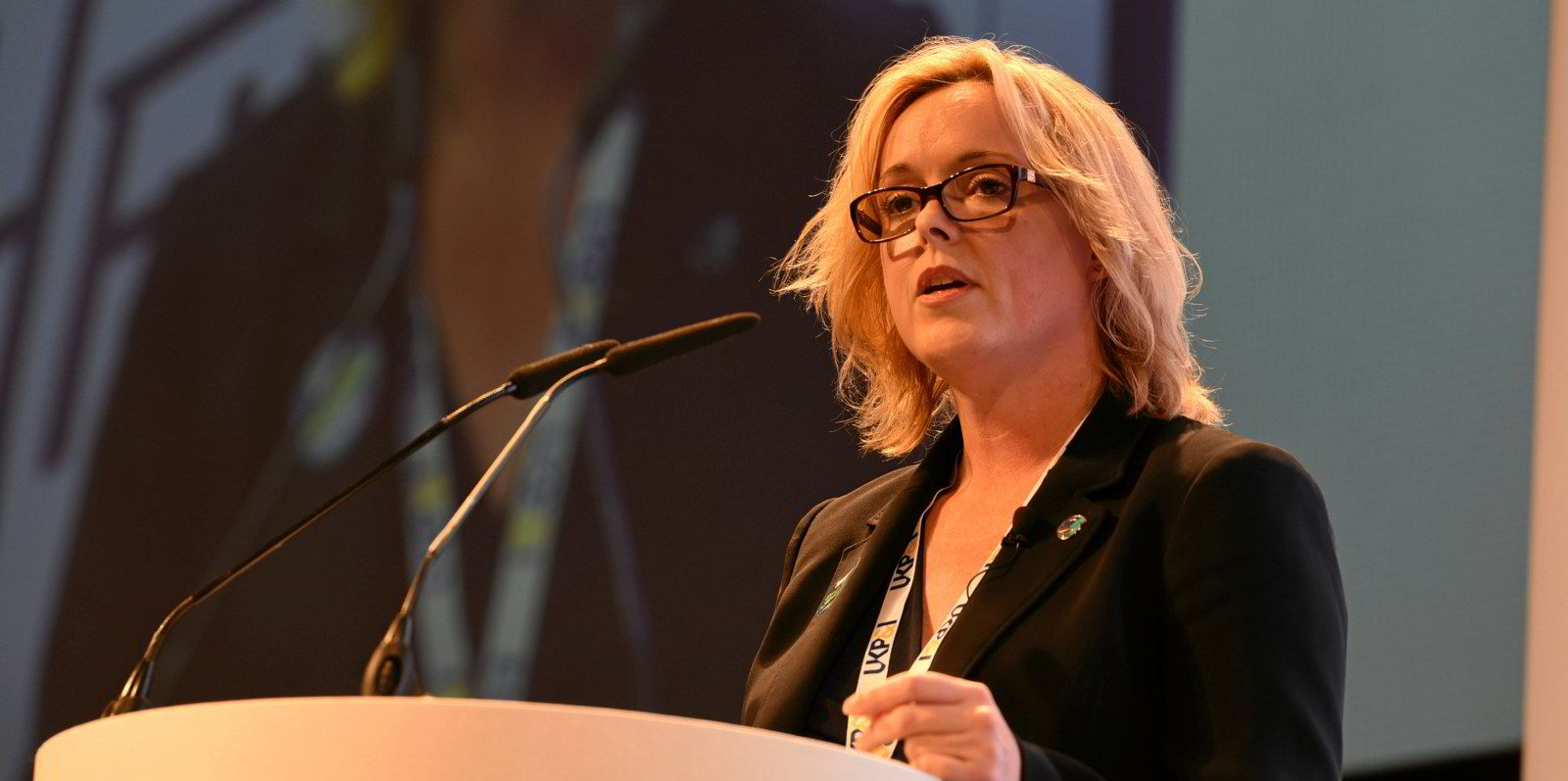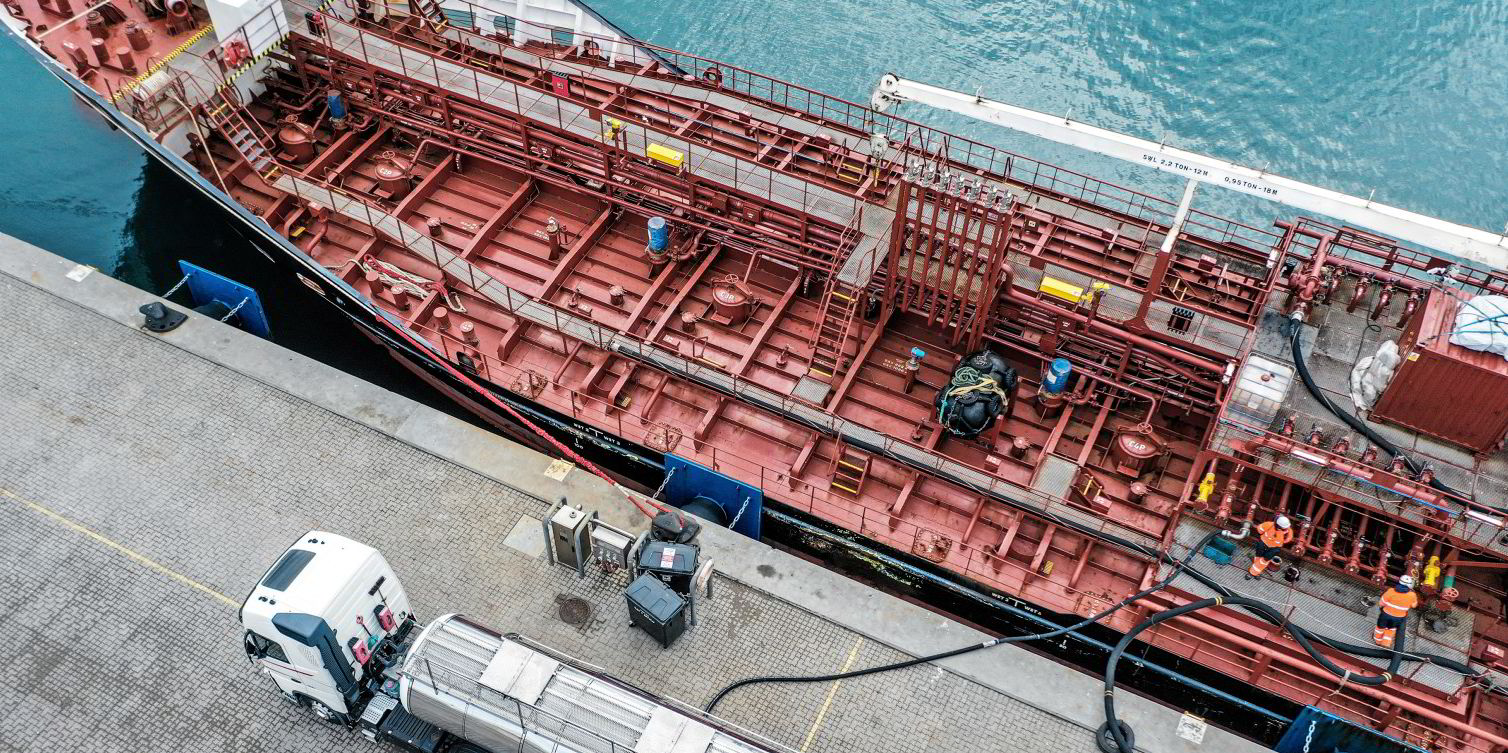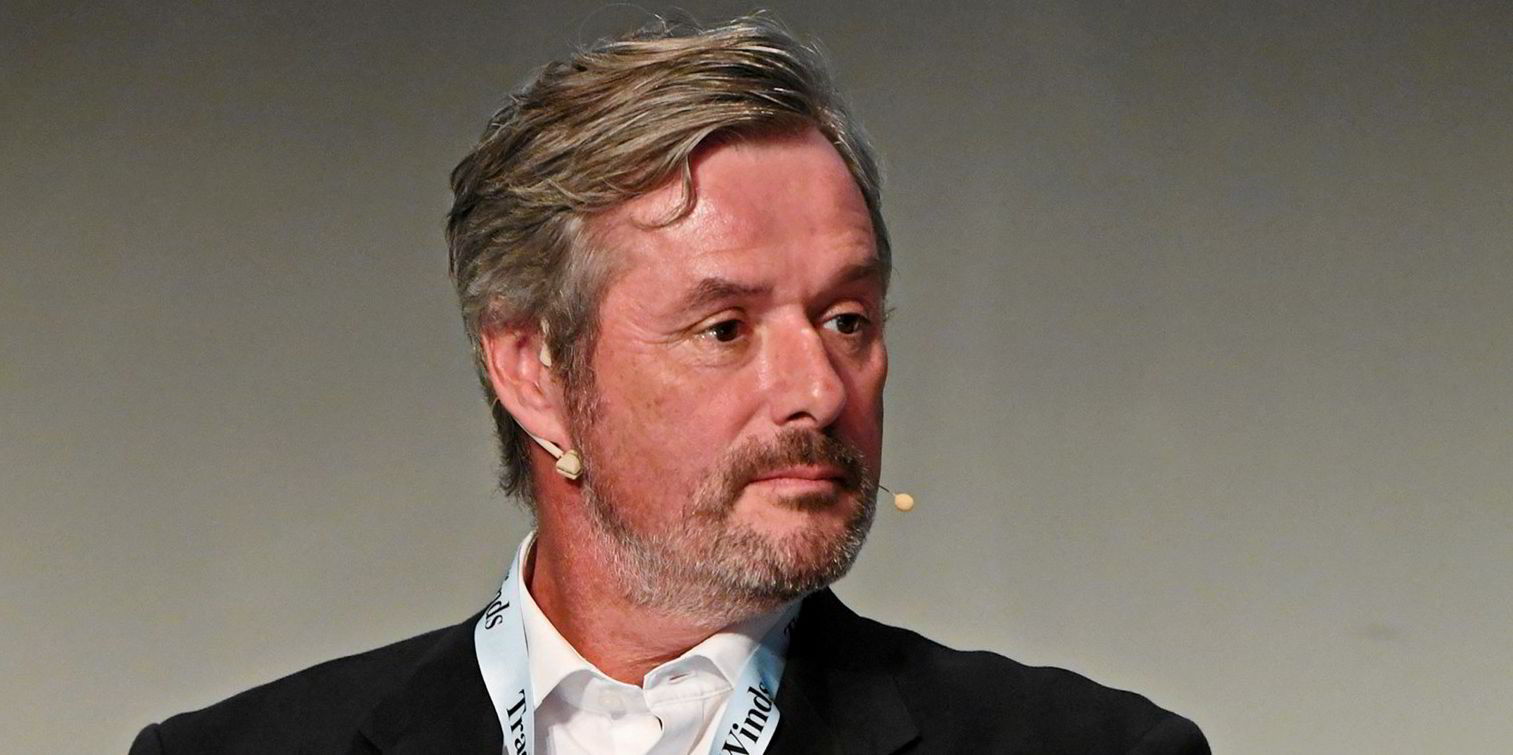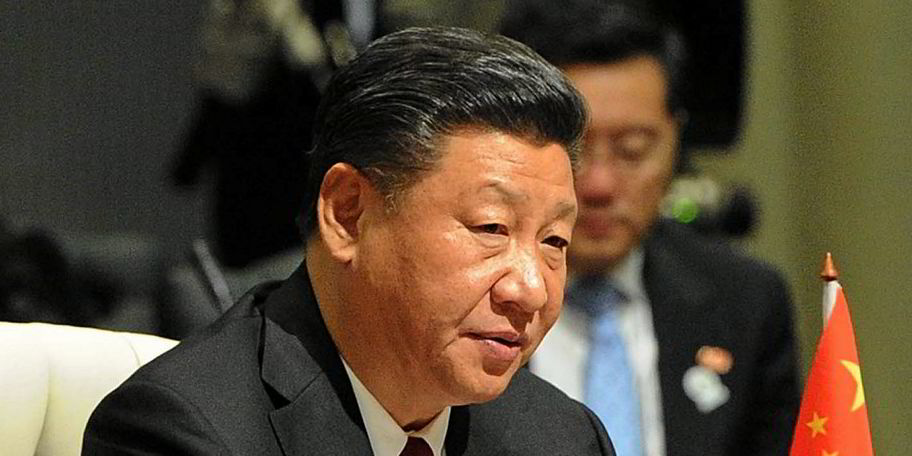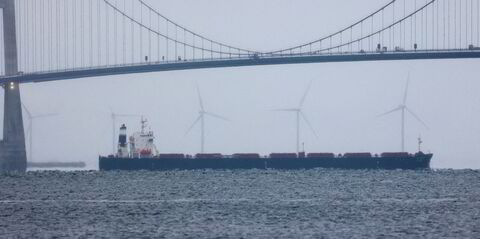Maritime UK chair Sarah Kenny has called on the UK government to provide an immediate £1bn ($1.38bn) in decarbonisation funding for the maritime industry.
The call for investment follows the publication of a United Nations report that concluded that climate change is dangerously close to spiralling out of control.
UN secretary general Antonio Guterres described the Intergovernmental Panel on Climate Change (IPCC) report as “code red for humanity”, as it outlined the catastrophic consequences of climate change for the world.
Kenny said UK Prime Minister Boris Johnson’s response had focused on the automobile industry and failed to recognise the need to decarbonise shipping.
The UK is set to host the UN Climate Change Conference — COP26 — in Glasgow in November.
In a video statement responding to the report, Johnson said he wanted to end coal power generation and fossil fuel cars, and he called for the world’s richest nations to contribute $100bn annually to decarbonisation.
But there was no mention of the shipping industry.
“The prime minister said abandoning fossil fuel engines in cars by 2035 will be a priority for COP26," Kenny said. "But what about the ships that transport 95% of the UK’s global trade?
“Put simply, the country won’t reach its climate targets without decarbonising maritime.”
Kenny called for collaboration between government ministers and industry on the promotion of joint investment public-private maritime decarbonisation projects.
She called on the government to provide funding at its upcoming autumn spending review.
“The UK needs £1bn at the soonest opportunity, which is now the autumn spending review, to kickstart shovel-ready infrastructure projects to charge electronic ships across our coast, alongside plans to produce emission-free fuels and propulsion engines,” she said.
Maritime UK has been critical of the government's lack of support for decarbonising UK shipping in the past.
Chief executive Ben Murray earlier accused the government of overlooking the industry.
“Government has led the way in setting and stretching targets, but as yet we have no clear path to meeting them,” he said.
